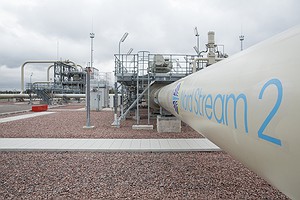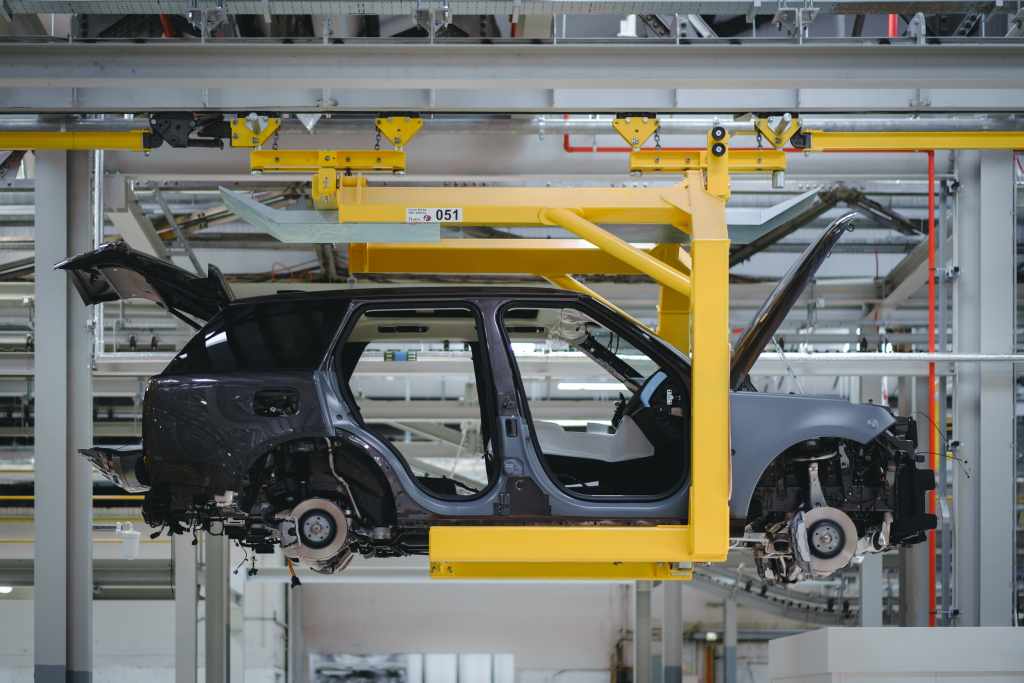The European Academies Science Advisory Council (EASAC) report Future of Gas highlights the extremely high global warming potential of largely unrecorded methane leakages along the whole natural gas supply chain.
For a long time, natural gas has been seen as the ideal bridge from coal on the road towards net-zero carbon emissions by 2050. In some countries, natural gas has become the main fuel to generate electricity. EASAC’s Future of Gas report makes clear that this is a dead-end road.
To mitigate climate change, the report states that it is crucial to stop using all fossil fuels, to ban new natural gas boilers, and to massively ramp up renewable electricity production.
To replace Russian pipeline gas, the EU have turned to liquid natural gas (LNG) from outside Europe. “We understand this is a necessary compromise as an emergency measure to make sure we keep the lights on, people warm and industries running. But as we are putting the immediate dependency on Russia behind us, we must completely phase out gas and ramp up renewables,” explained William Gillett, EASAC’s Energy Programme director. “We can’t argue our way out of drastic changes. The climate does not make compromises.”
Methane emissions have a lifetime in the atmosphere of only about ten years, which is ten times shorter than that of carbon dioxide. However, its 20-year global warming potential is over 80 times that of carbon dioxide, which means that it is far more destructive. “So far, we have been evaluating the impact of greenhouse gas emissions in a time span of up to 100 years. And there is nothing wrong with these calculations. However, climate change is progressing so fast that now we must focus on impacts within the next ten years. That’s why there is no alternative to replacing natural gas with renewables at once,” stated Neven Duić, chair of EASAC’s Energy Steering Panel.
With 65 million boilers installed in the EU to heat buildings, heating is by far the largest use of natural gas. Eight Member States have already adopted measures to ban the installation of new gas boilers or to require high levels of renewables in buildings.
Gas distribution and supply companies often argue for progressively replacing natural gas with hydrogen, which would allow them to keep their assets running for years to come. But from a scientific point of view, this approach holds very little promise for heating homes more cleanly. “Blending 10 per cent hydrogen in natural gas merely delivers 1 per cent in CO2 reduction which is not a good use of a valuable energy carrier that will be needed in hard-to-abate sectors. We foresee fast growing demand for hydrogen and hydrogen-derived fuels in some industries and for heavy-duty transport”, explained Anne Neumann, chair of the EASAC Working Group. Indeed such ‘hydrogen ready’ boilers have been described as another facet of ‘greenwash’ buy some.
Latest News
-
Chelsea FC becomes first Premier League club to receive dedicated epilepsy awareness training
-
Car brand hands £100,000 to UK temperate rainforest charity
-
Health firm supports older LGBTQ+ community
-
Good causes across Wales share £600,000 in building society funding
-
Pub firm partners with mental health charity for next two years
-
Home improvement platform names next charity partner
© 2019 Perspective Publishing Privacy & Cookies







Recent Stories